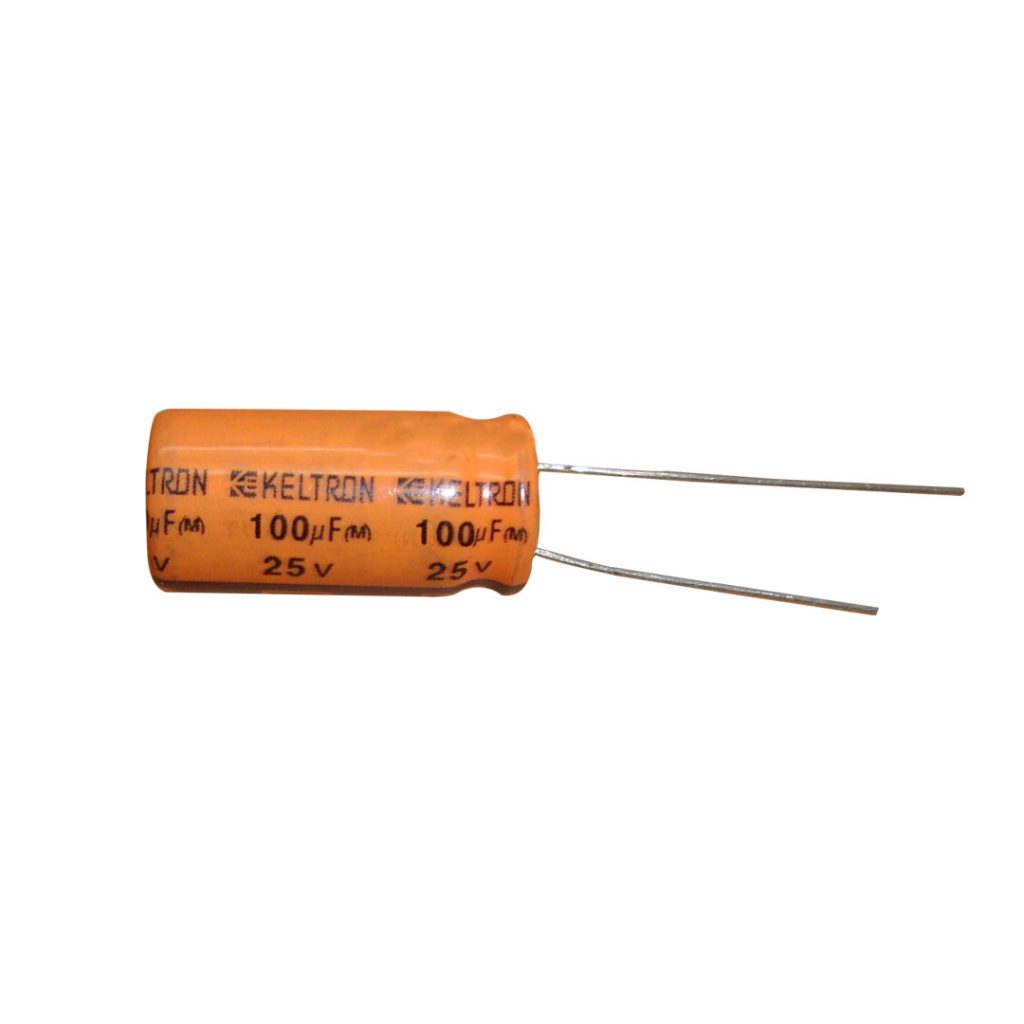The Inner Workings of Capacitors: Unveiling the Mysteries Behind Their Failure
2 min read
Capacitors are essential components in various electronic devices, storing and releasing electrical energy. However, despite their importance, capacitors can sometimes stop working, leading to device malfunction or failure. In this article, we will delve into the reasons behind capacitor failure, exploring the intricate mechanisms that contribute to their demise.
- Overheating:
One common cause of capacitor failure is overheating. Capacitors generate heat during operation, and if they are exposed to excessive temperatures, their internal components can degrade or even melt. High ambient temperatures, inadequate cooling systems, or prolonged exposure to high-power applications can all contribute to overheating and subsequent capacitor failure. - Voltage Stress:
Capacitors are designed to operate within specific voltage limits. When subjected to voltage levels beyond their rated capacity, capacitors can experience voltage stress, leading to their failure. This can occur due to power surges, electrical spikes, or improper circuit design. Over time, the stress weakens the capacitor's dielectric material, causing it to break down and lose its ability to store and release electrical energy effectively. - Aging and Degradation:
Like any electronic component, capacitors have a limited lifespan. Over time, the materials used in capacitors can deteriorate, leading to their failure. Factors such as temperature variations, humidity, and exposure to environmental contaminants can accelerate this aging process. As the materials degrade, the capacitor's performance diminishes, eventually resulting in complete failure. - Mechanical Stress:
Capacitors are sensitive to mechanical stress, which can occur during manufacturing, installation, or device operation. Excessive vibration, shock, or physical pressure can cause internal connections to loosen or break, leading to capacitor failure. Additionally, improper handling or soldering techniques during assembly can introduce defects that compromise the capacitor's structural integrity. - Electrical Noise and Transients:
Electrical noise and transients, such as electromagnetic interference (EMI) or radio frequency interference (RFI), can impact capacitor performance and reliability. These disturbances can induce voltage spikes or introduce unwanted electrical signals, causing stress on the capacitor and potentially leading to failure. Shielding techniques and proper circuit design are crucial in mitigating the effects of electrical noise.
Conclusion:
Capacitors play a vital role in electronic devices, but their failure can disrupt the functionality of these devices. Understanding the reasons behind capacitor failure, such as overheating, voltage stress, aging, mechanical stress, and electrical noise, allows for better design, maintenance, and troubleshooting. By addressing these factors, engineers and technicians can enhance the reliability and longevity of capacitors, ensuring the smooth operation of electronic systems.

